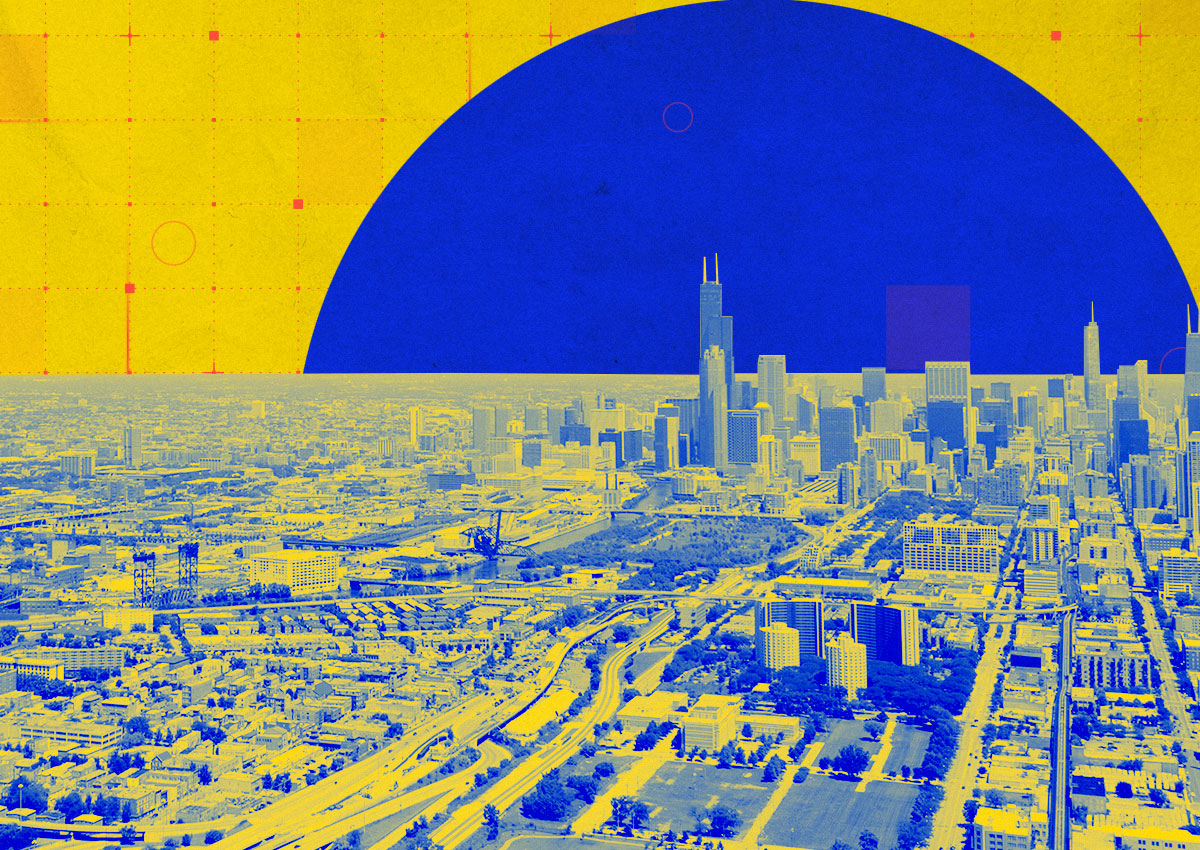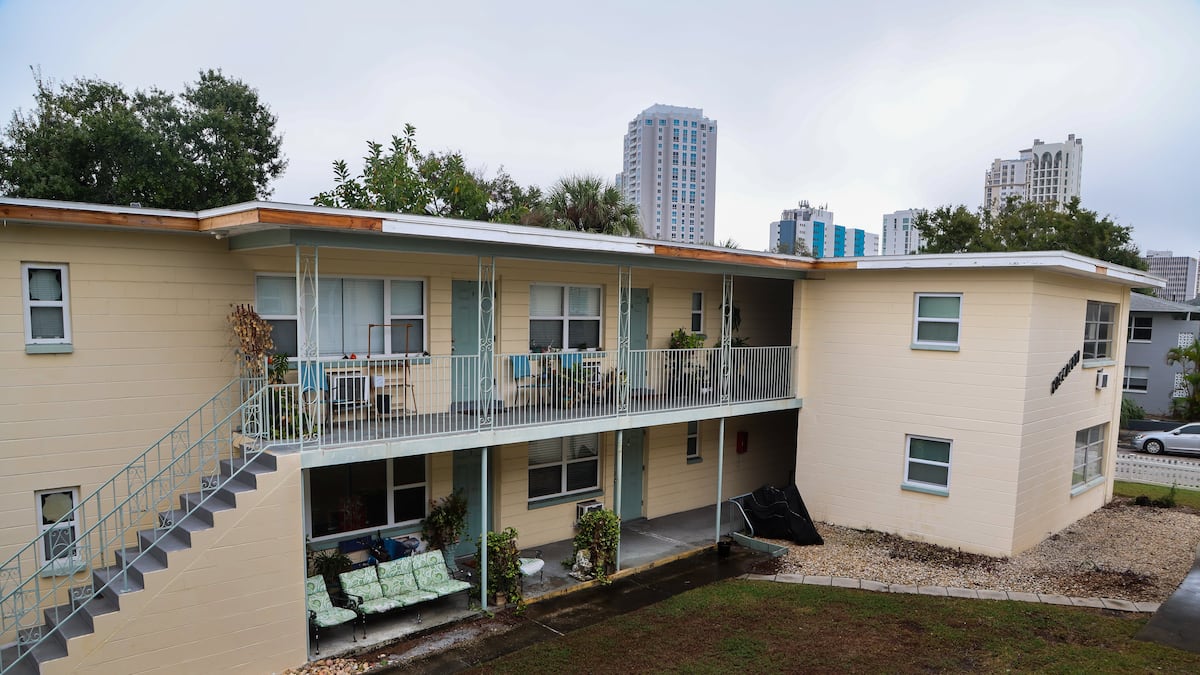S
uburban Chicago's office market is facing unprecedented challenges. The region's vacancy rate has reached a record high of 32% at the end of 2024, up from 30.2% the previous year and significantly higher than the 22.1% seen at the start of the pandemic. According to JLL data cited by Crain's, over 1.1 million square feet of office space was vacated in 2024 alone, bringing the total vacant space since the pandemic began to over 4.5 million square feet.
This surge has left many landlords struggling financially due to elevated interest rates and declining demand for office space. As a result, some are facing foreclosures, creating further instability in the market. Others are hesitant to invest in necessary upgrades or offer tenant-friendly leasing concessions due to uncertainty about their buildings' futures.
While some businesses are starting to return to the office, demand remains sluggish. Many companies that downsized during the pandemic are not yet expanding, although a few have begun adding back square footage for employees returning to in-person work. A recent example is Aon's move from 200,000 square feet in Lincolnshire to just 37,000 square feet in Bannockburn.
Despite these struggles, some investors see opportunity in the market. For instance, a joint venture between R2 and JDI Realty purchased a 1 million-square-foot office complex in Libertyville for $35 million in November, betting that the market will stabilize as companies seek higher-quality spaces in the future.














